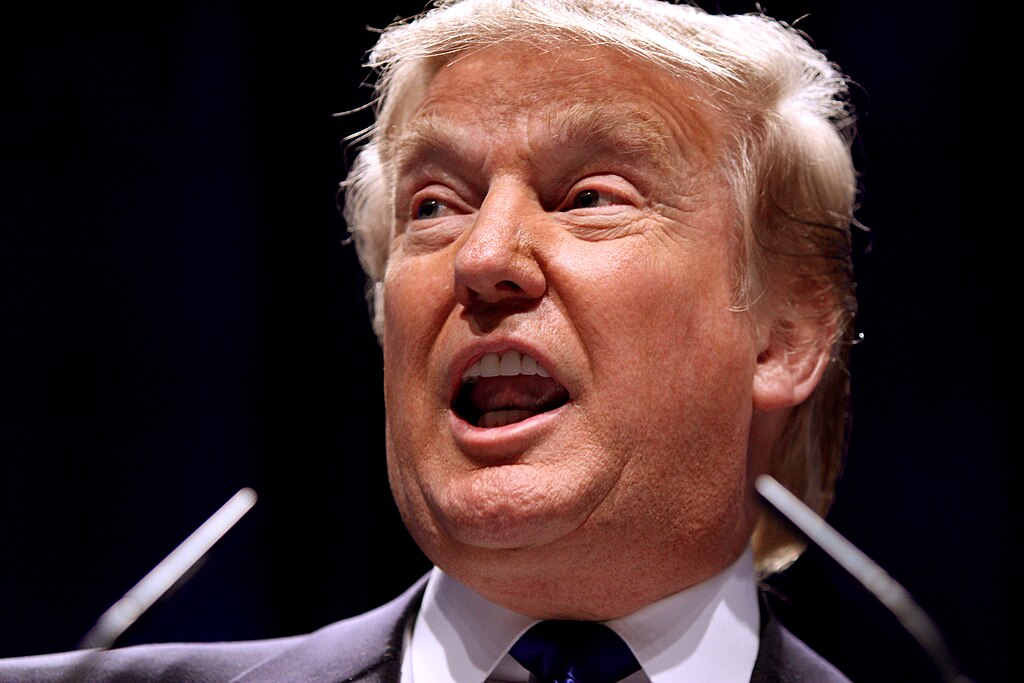The cryptocurrency industry could see a significant shift if Donald Trump follows his promise to replace Securities and Exchange Commission (SEC) Chair Gary Gensler. Announced at a Bitcoin conference in Nashville, Trump’s vow to appoint a pro-crypto SEC chair has sparked excitement within the industry. However, transforming America into the global crypto capital will require more than a personnel change. The new SEC chair must address five critical issues to foster a robust and secure crypto ecosystem.
Addressing Ethereum Staking in ETFs
Spot Ethereum exchange-traded funds (ETFs) entered the market on July 23, but they currently lack staking options. Staking, which involves locking ETH as collateral in exchange for rewards, faces challenges due to the Investment Company Act of 1940. This act mandates ETFs and mutual funds to promptly redeem shares for underlying assets, a process complicated by the unpredictable timelines of staked ETH withdrawals. The new SEC chair should prioritize creating exemptions for spot Ether, including staking in ETFs while maintaining investor protections.
Embracing On-Chain Compliance Solutions
The SEC's regulatory framework for securities markets covers reporting, clearing, and settlement with stringent scrutiny. Blockchain technology automatically records and settles transactions and offers a transparent and fraud-resistant solution. The SEC has previously recognized on-chain ledgers as valid financial reports. The incoming chair should expand this recognition, issuing comprehensive guidelines to facilitate the broader adoption of on-chain compliance solutions across the industry.
Upgrading KYC and Custody Rules for Web3
Current Know Your Customer (KYC) and custody regulations do not adequately cover self-custody wallets like Ledger and MetaMask. Qualified crypto custodians (QCs) in the U.S., including Anchorage Digital and Coinbase Custody, already provide secure, segregated user accounts. The new SEC chair should integrate elements of self-custody into existing regulations for QCs, enhancing investor protections while accommodating the unique aspects of blockchain technology. These changes can be implemented within the legal framework, aligning blockchain innovations with SEC oversight goals.
Regulating Decentralized Exchanges (DEXs)
Decentralized exchanges (DEXs) like Uniswap and Balancer have revolutionized trading by eliminating intermediaries and facilitating real-time, 24/7 transactions through smart contracts. Despite their potential, DEXs remain primarily unregulated due to jurisdictional ambiguities between the SEC and the Commodity Futures Trading Commission (CFTC). The SEC must clarify which tokens are securities, establish a clear registration path for DEXs, and collaborate with the CFTC to regulate the broader crypto market. Ensuring DEXs meet traditional exchange standards for risk management and compliance will foster a safer trading environment.
Promoting Dollarization with Real-World Assets (RWAs)
Global demand for tokenized dollars is skyrocketing, and the U.S. has a prime opportunity to lead this digital financial revolution. Dollar-backed stablecoins like USD Coin and Tether have invested significantly in U.S. government debt. Tokenized money market funds and other yield-bearing RWAs are emerging but face regulatory hurdles. The new SEC chair should actively promote a robust on-chain market for USD-backed RWAs, leveraging blockchain’s capabilities for trading, accessibility, and innovation. This approach will solidify America’s dominance in the digital economy for years.
Conclusion
Trump’s potential SEC chair faces a formidable task in transforming the regulatory landscape for cryptocurrencies. The new chair can foster a secure and thriving crypto market by addressing these five critical issues—Ethereum staking, on-chain compliance, KYC and custody rules, DEX regulation, and dollarization with RWAs. These steps will position the U.S. as a global leader in the digital financial revolution, ensuring long-term stability and growth for the industry.



 DeepSeek AI Model Trained on Nvidia Blackwell Chip Sparks U.S. Export Control Concerns
DeepSeek AI Model Trained on Nvidia Blackwell Chip Sparks U.S. Export Control Concerns  Dominican Republic Unveils Massive Rare Earth Deposits to Boost High-Tech and Energy Sectors
Dominican Republic Unveils Massive Rare Earth Deposits to Boost High-Tech and Energy Sectors  Microsoft Gaming Leadership Overhaul: Phil Spencer Retires, Asha Sharma Named New Xbox CEO
Microsoft Gaming Leadership Overhaul: Phil Spencer Retires, Asha Sharma Named New Xbox CEO  Russia Signals Openness to U.S. Security Guarantees for Ukraine at Geneva Peace Talks
Russia Signals Openness to U.S. Security Guarantees for Ukraine at Geneva Peace Talks  Trump Launches Operation Epic Fury: U.S. Strikes on Iran Mark High-Risk Shift in Middle East
Trump Launches Operation Epic Fury: U.S. Strikes on Iran Mark High-Risk Shift in Middle East  FxWirePro- Major Crypto levels and bias summary
FxWirePro- Major Crypto levels and bias summary  Coupang Reports Q4 Loss After Data Breach, Revenue Misses Estimates
Coupang Reports Q4 Loss After Data Breach, Revenue Misses Estimates  Argentina Senate Approves Bill to Lower Age of Criminal Responsibility to 14
Argentina Senate Approves Bill to Lower Age of Criminal Responsibility to 14  Macron Urges Emergency UN Security Council Meeting as US-Israel Strikes on Iran Escalate Middle East Tensions
Macron Urges Emergency UN Security Council Meeting as US-Israel Strikes on Iran Escalate Middle East Tensions  Pentagon Leaders Monitor U.S. Iran Operation from Mar-a-Lago
Pentagon Leaders Monitor U.S. Iran Operation from Mar-a-Lago  Samsung and SK Hynix Shares Hit Record Highs as Nvidia Earnings Boost AI Chip Demand
Samsung and SK Hynix Shares Hit Record Highs as Nvidia Earnings Boost AI Chip Demand  Pakistan-Afghanistan Tensions Escalate as Taliban Offer Talks After Airstrikes
Pakistan-Afghanistan Tensions Escalate as Taliban Offer Talks After Airstrikes  OpenAI Faces Scrutiny After Banning ChatGPT Account of Tumbler Ridge Shooting Suspect
OpenAI Faces Scrutiny After Banning ChatGPT Account of Tumbler Ridge Shooting Suspect  FxWirePro- Major Crypto levels and bias summary
FxWirePro- Major Crypto levels and bias summary 































